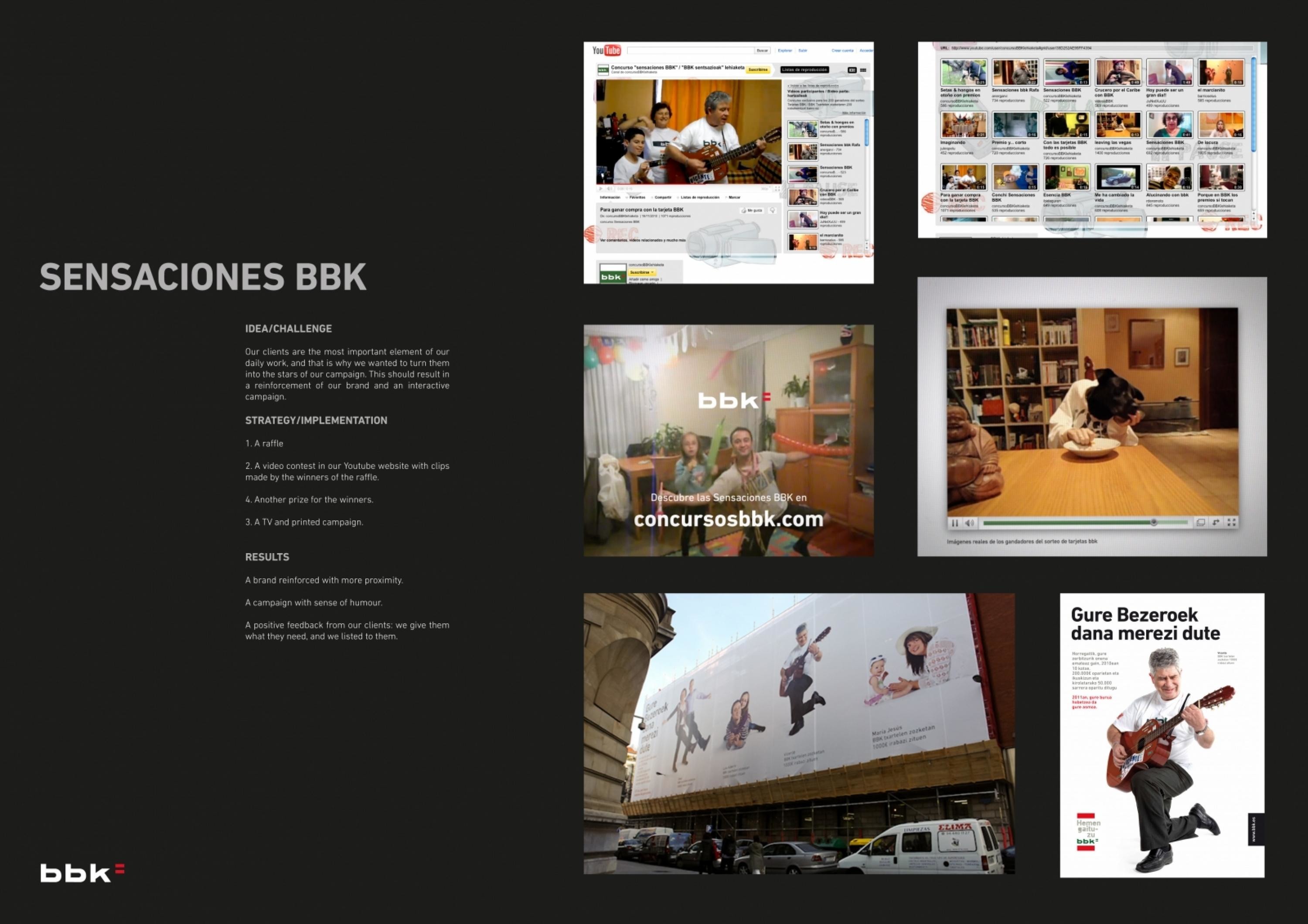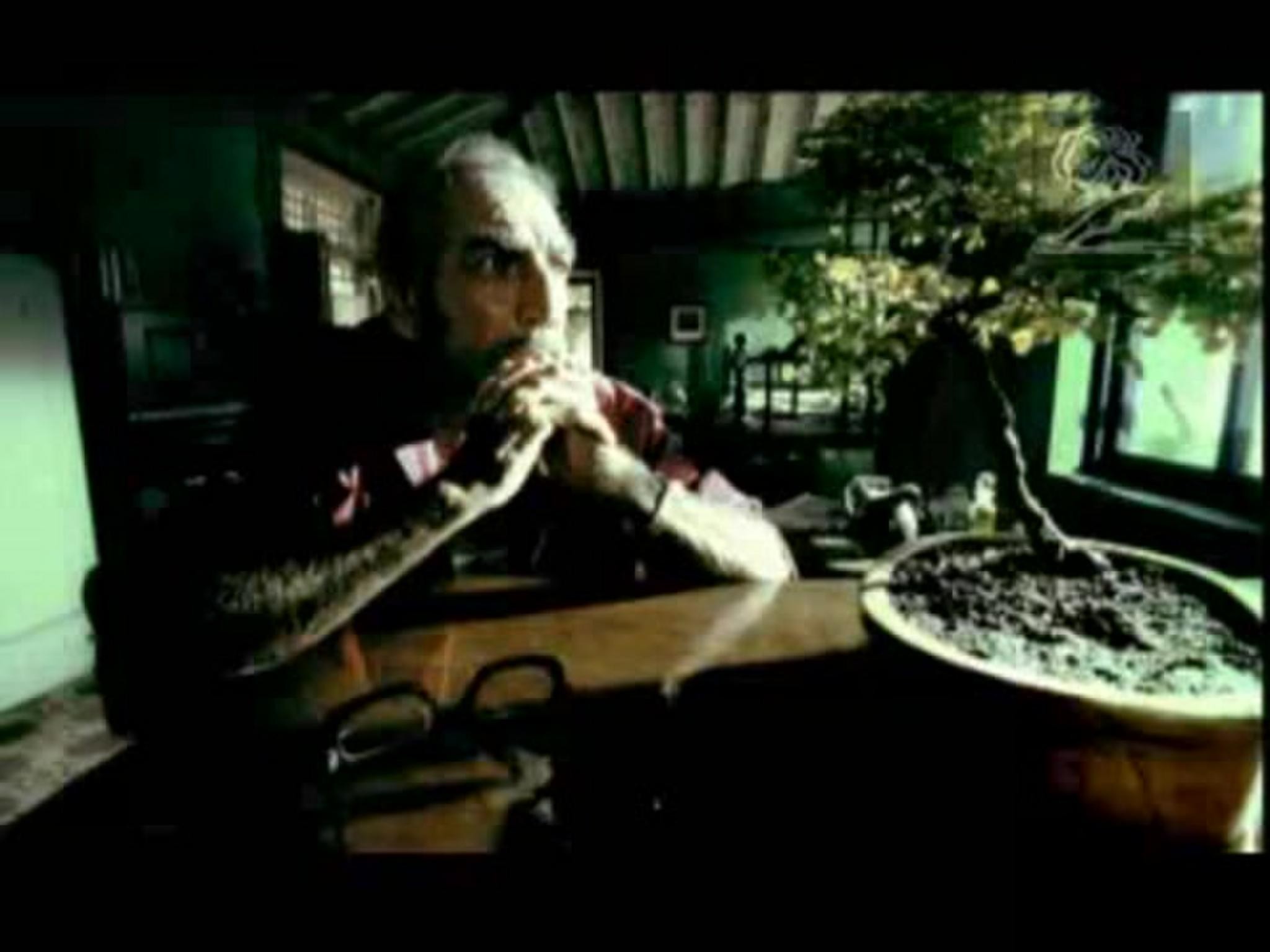Cannes Lions
AIB - Abusive Teller Machines
ROTHCO | PART OF ACCENTURE INTERACTIVE, Dublin / AIB / 2019

Overview
Entries
Credits
OVERVIEW
Background
In Ireland, over 198,000 women (over 15) are financially abused by their partners. Abusive partners completely control or deny their victims access to money, including their own salaries, incur huge debts in their name, or forge their identity on financial documents. This traps women in unsafe and abusive relationships, with no means to leave.
Even as Ireland’s closest neighbour, the United Kingdom, introduced legislation to make financial abuse a crime, following its banking sector introducing a code of conduct around the issue, no one was taking a leadership position within the country. So as Ireland’s biggest financial institution, Allied Irish Bank (AIB) decided to partner with Women’s Aid and change that.
Our objectives were to raise public awareness around financial abuse and, in turn, encourage affected women, or their concerned family and friends, to take the first step to leaving abusive partners by contacting the charity’s 24-hour free helpline.
Idea
Financial abuse can occur within any relationship, regardless of background, age or income levels. Given this, and our broad audience, we had to find a way to communicate the issue in a way that everyone could understand and relate to.
This led us to the idea that, for most people, accessing money is as simple as walking up to any ATM (Automated Teller Machine), pressing a few buttons and walking away with however much they need. But for financial abuse victims, the situation is completely different. Their abusive partner completely controls their access to money, deciding when and how much to give them, if any at all, then making them account for every cent spent.
So to reflect the reality of financial abuse victims, we decided to use AIB’s own ATM network in a completely counterintuitive way, as we turned them from a convenient transaction into confronting Abusive Teller Machines.
Strategy
Our audience was two-fold. Given the extremely low awareness around the issue of financial abuse in Ireland, we needed to educate the public on what is was and the different forms it takes. Only by recognising certain behaviours as abusive could they seek help for themselves or someone they knew. Our second audience were financially abused women, who knew they were in abusive relationships, but not who to turn to. Only 1% of financial abuse cases in Ireland are reported, pointing to a lack of awareness of support services like those offered by Women’s Aid.
Instead of simply presenting our audiences with stats, we knew that putting people in the position of a financial abuse victim, however briefly, would be much more impactful. To achieve that, we pinpointed the most common and convenient interaction people have with accessing money and turned it into a confrontation with our Abusive Teller Machines.
Execution
For our Abusive Teller Machines, we reprogrammed a number of AIB ATMs to behave like controlling, financially abusive partners for one day. As customers attempted to simply and easily withdraw money as normal, they were instead confronted with a series of escalating questions and threats to respond to, all based on consultations with real financial abuse survivors. Having endured screens and screens of questioning, customers were ultimately denied access to their money, before the reason for the experience was revealed. On-screen prompts and a specially created ATM receipt directed customers to call Women’s Aid free helpline if they recognised the same abusive behaviour in their own relationship, or in that of someone they knew.
The activation was filmed and released across AIB and Women’s Aid social channels, partner websites including her.ie, along with ad-break takeovers during programmes with the highest female viewerships on Virgin Media TV.
Outcome
The launch of the film, and the scale of the issue it revealed, sparked a national conversation in Ireland, picking up widespread coverage across Ireland’s national broadcaster RTE, major newspaper mastheads, drivetime radio programs, popular podcast ‘Girls With Goals’ and across social media, where it was viewed over 500,000 times and shared hundreds more times within 48 hours of its launch. Women’s Aid were invited to appear on Ireland’s most popular talkback show Liveline to discuss the campaign and collaboration with AIB, while survivors came forward on Twitter and Facebook to share their own harrowing stories of financial abuse, encouraging other Irish women currently suffering financial abuse to seek support and escape their abusive relationships. Most importantly, for the first time in its history, 25% of all calls to Women’s Aid helpline were about financial abuse, as awareness turned into positive action for women around Ireland.
Similar Campaigns
12 items






